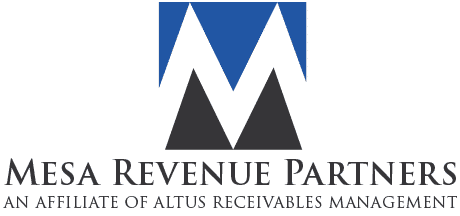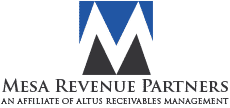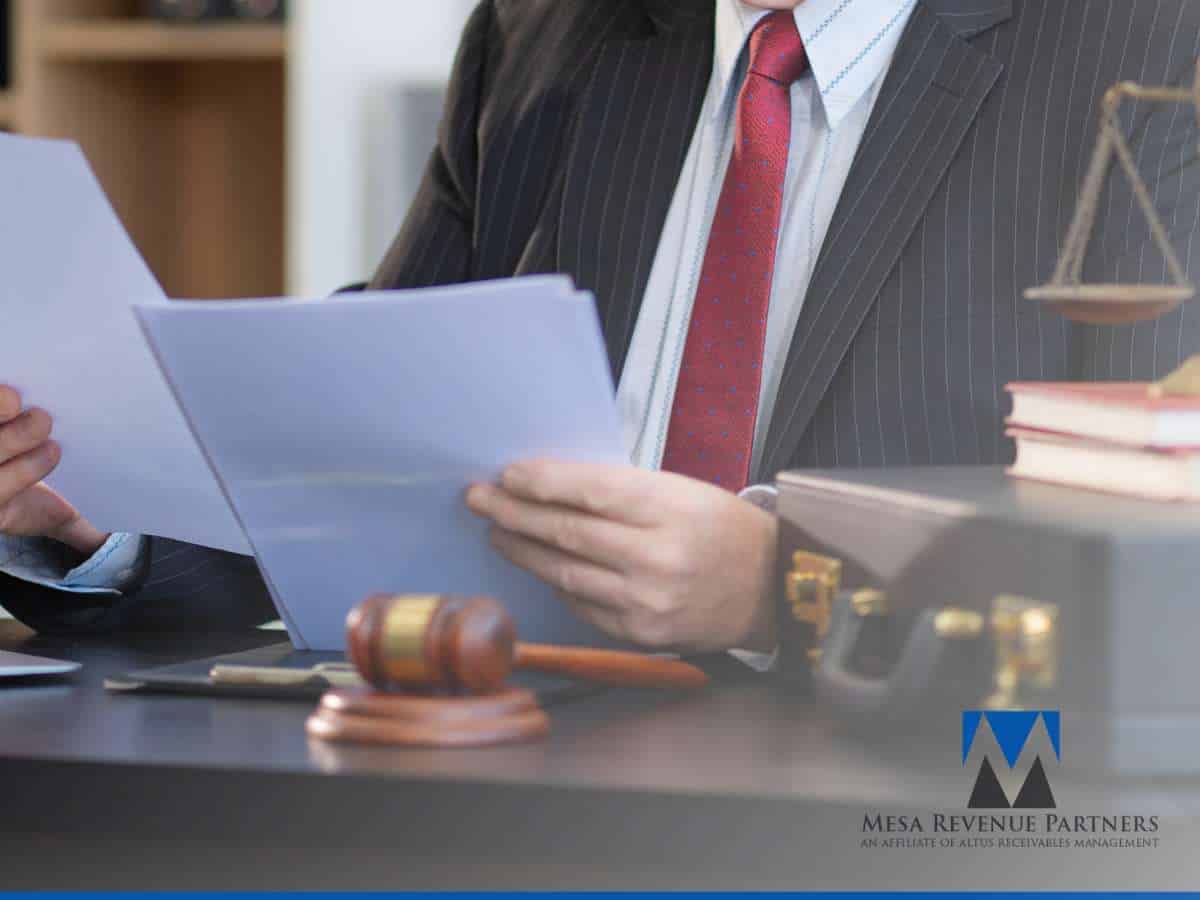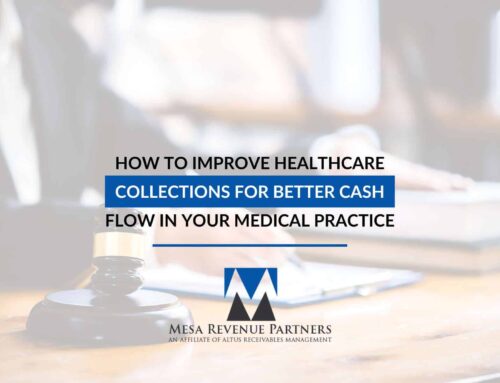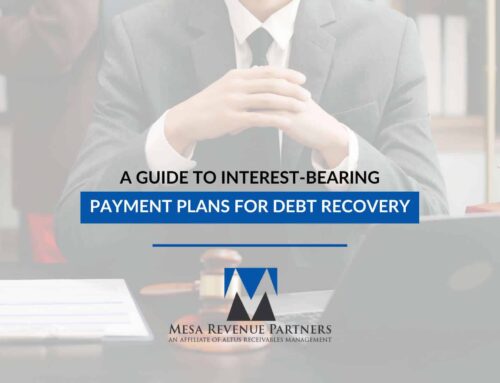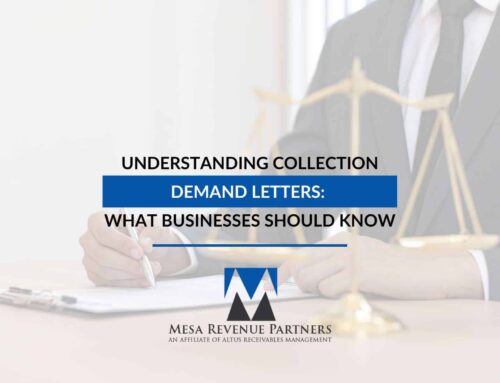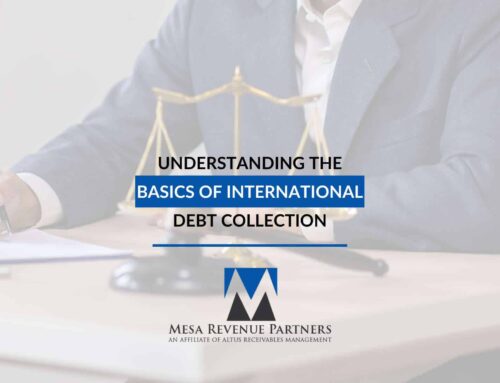Key Steps & Insights Into Collecting Unpaid Debts Using a Lawsuit
Collecting unpaid debts can be a challenging and sometimes complex task for businesses, especially when initial efforts to recover the money fail. While many creditors attempt to resolve issues without resorting to legal action, a lawsuit often becomes necessary as a last resort. Understanding the debt collection process through a lawsuit can help creditors navigate the system more effectively and improve the chances of recovering outstanding payments.
When Should a Lawsuit Be Considered In Debt Collection?
The decision to initiate litigation is significant. Lawsuits involve time, cost, and risk, so creditors usually explore all alternatives first. Typical early steps include:
- Sending payment reminders and demand letters.
- Attempting direct negotiations for partial payments or structured plans.
- Hiring a commercial debt collection agency to professionally manage collections.
However, if these efforts fail and the debtor ignores communications or disputes the debt without justification, filing a lawsuit may be necessary. A lawsuit becomes the creditor’s tool to legally enforce payment and gain leverage for collection actions.
The timing is crucial: delaying too long may cause difficulties such as statute of limitations expiration or deterioration of evidence. Early consultation with legal counsel specializing in commercial collections litigation can help determine the optimal moment to escalate to court.
Effective Pre-Litigation Strategies To Improve Debt Recovery
Before initiating a lawsuit, many creditors benefit from applying effective pre-litigation strategies that increase the chances of recovering the debt without resorting to court. Key steps include:
- Conducting a comprehensive commercial investigation, which involves gathering detailed financial information and verifying the debtor’s ability to pay. This helps clarify the debtor’s situation and determines if litigation is viable.
- Working with a corporate collections agency. These experts use negotiation tactics and knowledge of collection laws to recover debts more efficiently through dialogue and agreement rather than confrontation.
- Performing a thorough background check to evaluate the debtor’s payment history and credibility, identifying risks before escalating the matter legally.
Implementing these strategies often leads to faster dispute resolution with lower costs. Additionally, resolving issues outside court helps maintain positive business relationships, which can be essential for future dealings. It also avoids the unpredictability and public exposure of a lawsuit, which can sometimes damage reputation and delay recovery.
The Debt Collection Lawsuit Process: Step By Step
Filing a debt collection lawsuit initiates a formal legal procedure governed by specific rules. Understanding the main stages allows creditors to manage expectations and prepare appropriately:
Filing The Complaint
The debt collection process through a lawsuit officially begins when the creditor files a complaint with the court. This document states the total amount owed, the contractual agreement between the parties, and the nature of the debtor’s breach. Drafting the complaint requires precision to ensure all relevant facts and legal claims are properly presented, setting the foundation for the case.
Filing this complaint initiates formal legal action and is a key step in business collections litigation, signaling the creditor’s intent to recover the debt through the courts.
Serving The Debtor
Once the complaint is filed, the debtor must be formally served with a summons. This is a crucial procedural step, as it guarantees the debtor is informed about the lawsuit and understands the requirement to respond within a legally defined period.
Service must comply with court rules to be valid, often involving personal delivery or other authorized methods. Proper service prevents delays or dismissal of the case due to procedural errors.
Debtor’s Response
After being served, the debtor has the right to respond to the complaint. Their answer may take several forms: admitting the debt and possibly proposing payment, contesting the validity or amount of the claim, or raising counterclaims against the creditor.
Failure to respond within the deadline usually results in a default judgment, where the court rules in favor of the creditor without further hearings. This phase is critical because it defines whether the case will be contested or resolved quickly.
Discovery Phase
If the debtor disputes the claim, the case proceeds to discovery—a period dedicated to gathering evidence from both sides. Here, the creditor and debtor exchange documentation such as contracts, payment records, correspondence, and any other proof supporting their claims or defenses.
The discovery process plays a vital role in invoice collections litigation, as it allows each party to assess the strength of the other’s case and prepare for further legal arguments. It is often the most time-consuming phase and requires thoroughness to avoid surprises at trial.
Motion Practice
During or after discovery, parties may file motions to resolve specific legal issues or even end the case early. For example, if there is no real dispute over the facts, a creditor might request a summary judgment to expedite the ruling in their favor.
Motions can challenge procedural matters, request evidence exclusion, or seek to clarify the case’s direction. How these motions are handled can significantly impact the timeline and outcome of the litigation.
Trial (if necessary)
Should the case remain unresolved, it advances to trial, where both parties present their evidence and legal arguments before a judge or jury. This stage provides a formal forum for examining witness testimony, cross-examination, and presentation of documentation.
The trial’s objective is to allow an impartial decision-maker to assess all information and determine liability. Trials can be complex and require strategic planning and skilled advocacy.
Judgment
At the conclusion of the trial, the court issues a judgment that establishes whether the debt is owed and, if so, mandates payment. This decision formalizes the creditor’s right to collect the specified amount and often includes additional costs or interest.
Receiving a favorable judgment is a key victory but does not automatically guarantee payment, especially if the debtor lacks the means or willingness to comply.
Post-Judgment Enforcement
If the debtor does not voluntarily satisfy the judgment, the creditor must pursue enforcement actions. These may include garnishing wages, placing liens on property, or seizing assets.
Enforcing judgments can be legally intricate, often requiring knowledge of state and federal collection laws. Utilizing the expertise of a commercial collections agency is crucial during this phase to maximize recovery while staying compliant with regulations.
Next Steps After Winning a Debt Collection Lawsuit Judgment
Winning the lawsuit grants the creditor a court judgment confirming the debt. However, this is not the end of the process. To convert the judgment into cash, the creditor must enforce it, which can involve:
- Wage Garnishment: Deducting a portion of the debtor’s paycheck directly to satisfy the debt.
- Bank Account Levy: Freezing and withdrawing funds from the debtor’s bank accounts.
- Seizure of Assets: Selling property or equipment to cover the owed amount.
- Property Liens: Placing claims on real estate to secure payment when the property is sold.
It’s important to note that enforcement options and limits vary by jurisdiction. Therefore, specialized knowledge from legal and collection professionals is necessary.
Why Work With a Business Debt Collection Agency & Attorneys?
A business debt collection agency boosts recovery chances through expertise in tracing debtors, negotiating, and understanding debt laws, often resolving issues before court to save time and costs.
When litigation is needed, collections attorneys provide legal guidance, manage court processes, and advise on settlement or trial strategies, including enforcement across jurisdictions. For cross-border debts, an international collections agency navigates foreign laws and coordinates global efforts, reducing risks and expenses.
Get Professional Debt Collection Help From Mesa Revenue Partners
If you face challenges recovering outstanding payments or want to explore your options for B2B commercial collections, Mesa Revenue Partners offers tailored solutions backed by years of experience.
Let us help you secure your business’s financial future. Contact us!
